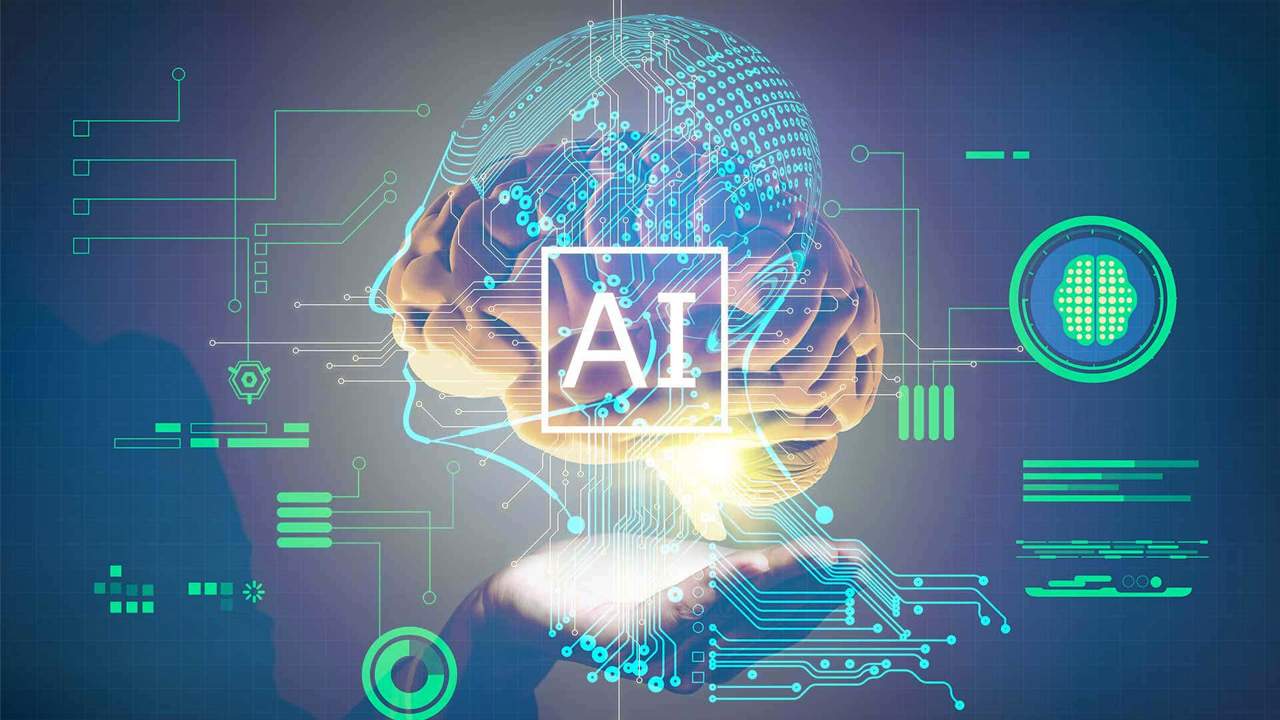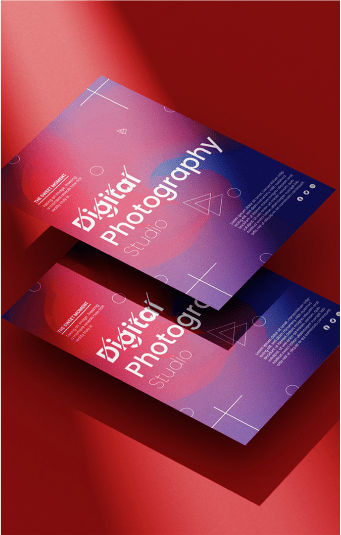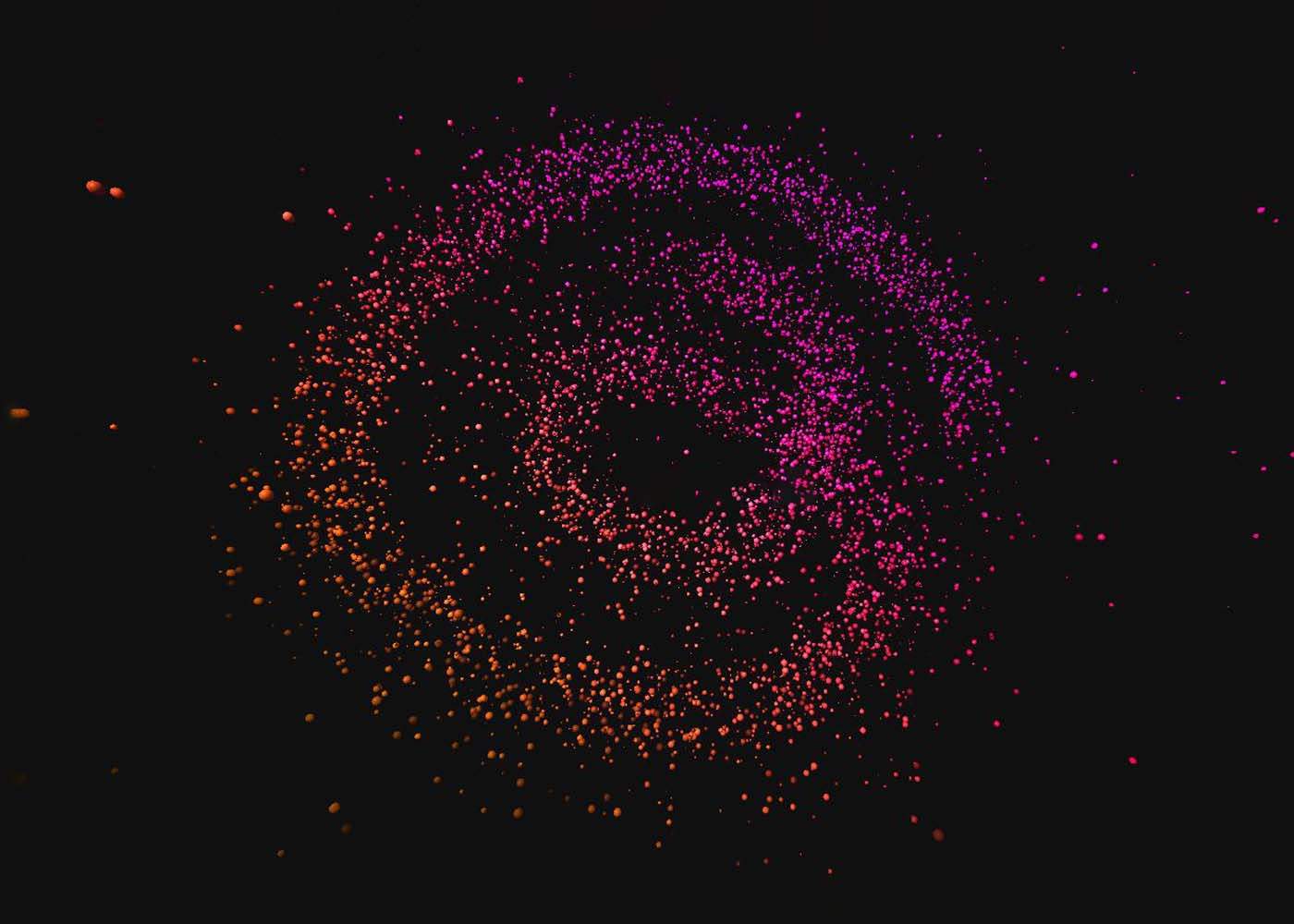Elon Musk, the entrepreneur and CEO of Tesla, has consistently remained a prominent figure in the technology industry. His visionary ideas and bold statements have often intrigued the public’s attention. However, recent developments surrounding his involvement with artificial intelligence (AI) at Twitter have raised eyebrows and questioned his credibility. Despite signing an open letter advocating for a temporary halt in AI training, Elon Musk seems to be moving forward with an AI project within Twitter, leading many to question his true intentions and principles.
The Controversy Unveiled
Elon Musk’s Recent Acquisition and GPU Purchase
Elon Musk’s Twitter venture began approximately six months ago when he acquired the social media platform. Subsequently, he has implemented noteworthy alterations to the platform, showing his commitment to shaping its future. Recent revelations unveil Elon Musk’s acquisition of graphics processing units (GPUs), which suggests his engagement in AI development. Tech companies commonly employ GPUs for working on large AI models due to the immense computational requirements of these cutting-edge technologies.
Elon Musk’s AI Project: Early Stages, Strong Commitment
Those familiar with the matter revealed that Elon Musk’s AI project at Twitter is still in its early stages. However, the sheer scale of his GPU purchase demonstrates a deep commitment to the project’s development. Despite this commitment, Elon Musk has expressed skepticism about generative AI, emphasizing the need for regulation to ensure it operates in the public interest. This apparent contradiction between Elon Musk’s involvement in AI development and his calls for caution raises legitimate concerns.
The Role of Language Models in Elon Musk’s AI Project
According to insiders, Elon Musk’s AI project at Twitter revolves around the use of a large language model (LLM). An LLM is essentially AI trained on extensive datasets, enabling it to generate sophisticated and original content. Twitter possesses vast amounts of data that could potentially train an LLM. It is worth noting that OpenAI, the creator of ChatGPT, had access to Twitter data for training purposes, although Elon Musk claimed to have put a stop to this in December.
The Arrival of AI Talent at Twitter
To bolster his AI endeavors, Elon Musk has recruited top talent from the AI field. By early March, he had officially hired engineers Igor Babuschkin and Manuel Kroiss from Alphabet’s AI research subsidiary, DeepMind. Elon Musk has reportedly approached several individuals, including Babuschkin, to establish his AI venture to rival ChatGPT. These moves further indicate Elon Musk’s ambition to position himself at the forefront of AI development.

Possible Applications and Controversial Implications
Unclear Applications of Generative AI at Twitter
The exact applications of generative AI within Twitter remain unclear. Those familiar with the matter suggest that one potential use could be improving search, an area where Elon Musk has voiced dissatisfaction. In fact, he even hired security developer George Hotz for a three-month internship to “fix” the search function, though Hotz left after just one month. Another possible application is advertising, a crucial revenue source for social media platforms. Generative AI, if appropriately trained, has the potential to create tailor-made advertising content to target specific audiences.
The Financial and Operational Implications
The acquisition and GPU purchase come at a significant cost. NVIDIA, the leading GPU manufacturer, offers a model suitable for large AI projects that carries a hefty price tag of $10,000. Considering Elon Musk’s concerns about Twitter’s financial stability, it is reasonable to assume that he spent tens of millions of dollars on these GPUs. The new units are expected to operate from one of Twitter’s remaining data center sites, possibly in Atlanta, following the abrupt shutdown of the Sacramento data center site.
Elon Musk’s Stance on OpenAI and the Birth of X.AI
Elon Musk’s relationship with OpenAI, the organization he co-founded in 2015, has become increasingly contentious. He left the company in 2018 and has since criticized its direction. Elon Musk labeled OpenAI as “a closed source, maximum-profit company effectively controlled by Microsoft,” after Microsoft’s substantial investment in OpenAI in 2019. In response, Elon Musk has formed a new AI company named X.AI, dedicated to AI development.
Speculations Surrounding X.AI
Rumors of Elon Musk starting an AI company gained traction recently, with reports indicating his purchase of thousands of GPUs to power an upcoming generative AI product. The Financial Times also reported his intention to create an AI firm to compete with OpenAI, seeking funding from SpaceX and Tesla investors. Elon Musk did not directly confirm these plans during an interview.
Conclusion
Elon Musk’s involvement in AI development at Twitter raises questions about his consistency and commitment to his own principles. Despite signing an open letter calling for a temporary halt to AI training, Elon Musk’s acquisition of Twitter and the subsequent GPU purchase indicates a significant investment in AI projects. The exact nature of these projects and their implications for Twitter remains somewhat obscure. Nonetheless, Elon Musk’s actions highlight the complexity of navigating the ethical and regulatory landscape surrounding AI technology.






